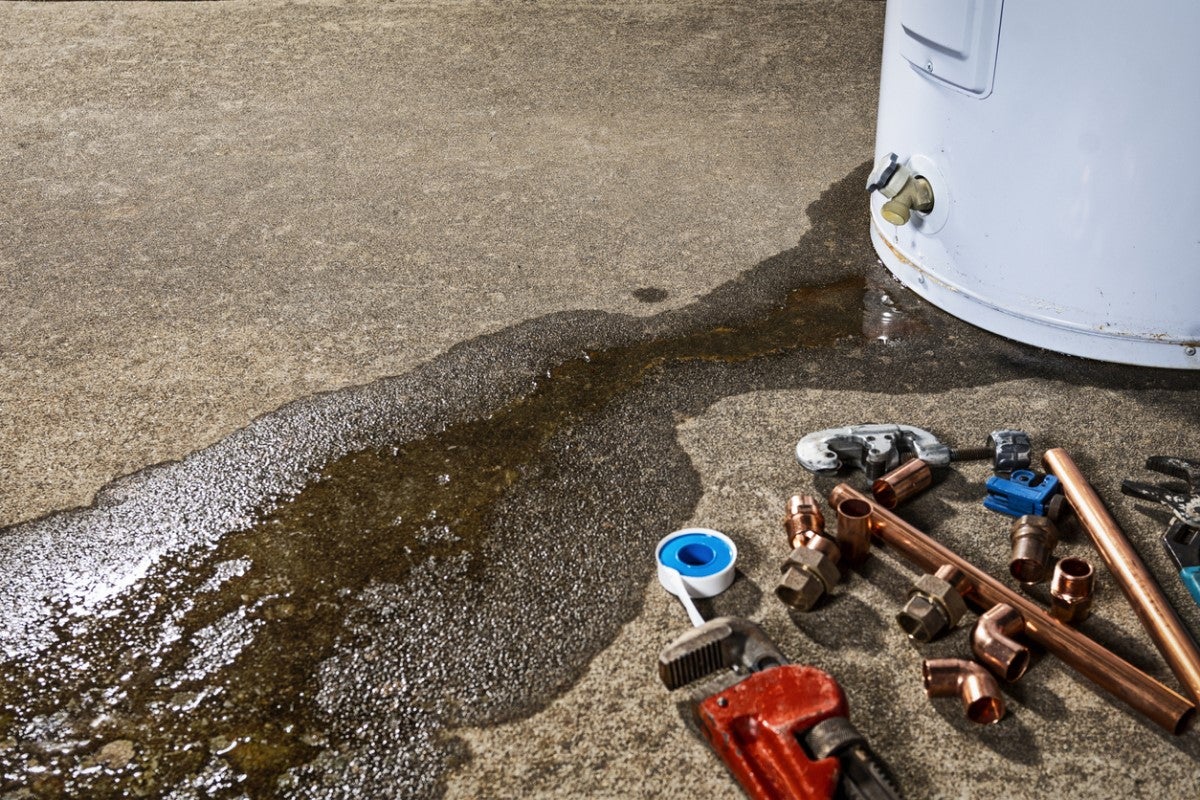

Articles
How To Stop Water Heater From Leaking
Modified: February 22, 2024
Looking for articles on how to stop water heater leaks? Check out our informative guides and tips to fix your leaking water heater quickly and efficiently.
(Many of the links in this article redirect to a specific reviewed product. Your purchase of these products through affiliate links helps to generate commission for Storables.com, at no extra cost. Learn more)
Introduction
A water heater is an essential appliance that provides us with hot water for various household activities such as bathing, washing dishes, and doing laundry. However, a leaking water heater can be a significant inconvenience and can even cause water damage if not addressed promptly. Understanding the common causes of water heater leaks and knowing how to stop them can save you from potential headaches and costly repairs.
In this article, we will explore the common causes of water heater leaks, signs to look out for, and step-by-step instructions to stop a water heater leak. We will also discuss preventive measures you can take to avoid future leaks and ensure the longevity of your water heater.
By gaining insights into these topics, you will be better equipped to address any water heater leak issues that arise and keep your home running smoothly.
Key Takeaways:
- Regular maintenance, including draining the tank and inspecting valves, is crucial for preventing water heater leaks and ensuring its longevity. Investing time in maintenance can save you from the frustration of dealing with leaks.
- Immediate action is necessary when dealing with a leaking water heater. Turning off the power supply, shutting off the water supply, and seeking professional assistance for complex issues can prevent further damage and ensure a reliable appliance.
Read more: Why Is My Water Heater Leaking From The Top
Common Causes of Water Heater Leaks
A leaking water heater can have various causes. Understanding these common causes can help you identify and address the issue before it escalates. Let’s take a closer look at some of the main culprits behind water heater leaks:
Pressure Relief Valve
The pressure relief valve (also known as the T&P valve or TP relief valve) is an essential safety feature of your water heater. It is designed to release excess pressure in the tank to prevent it from exploding. However, if the valve malfunctions or becomes faulty, it may start leaking water. This could be due to mineral build-up, a defective valve, or excessive pressure in the tank.
Temperature and Pressure Relief Valve
Similar to the pressure relief valve, the temperature and pressure relief valve (T&P relief valve) plays a crucial role in maintaining the safety of your water heater. It safeguards against excessive temperature and pressure in the tank. When these levels exceed the recommended limits, the valve opens to release some water. If the T&P relief valve is leaking, it might be due to a faulty valve, sediment accumulation, or high pressure in the tank.
Drain Valve
The drain valve is located near the bottom of the water heater and is used to empty the tank during maintenance or repairs. Over time, the drain valve can become loose, corroded, or worn out, resulting in water leakage. It is crucial to ensure that the drain valve is tightly closed to prevent any leaks. If you notice water dripping from this valve, it may need to be replaced.
Read more: How To Stop Water Pump Leak
Internal Tank Issues
Another common cause of water heater leaks is internal tank issues. Over time, the inner lining of the tank can deteriorate due to rust, corrosion, or wear and tear. This can lead to small fractures or holes in the tank, causing water to leak out. Internal tank issues are usually more severe and require professional intervention and, in most cases, a complete replacement of the water heater.
Understanding these common causes of water heater leaks can help you diagnose the problem and take appropriate action. If you are unsure about the cause or the severity of the leak, it is always recommended to consult a professional plumber for accurate assessment and repair.
Signs of a Leaking Water Heater
Spotting the signs of a leaking water heater can help you address the issue promptly and minimize potential damage. Here are some common indicators that your water heater may be leaking:
- Pooling water around the base of the water heater: If you notice water accumulating around the bottom of your water heater, there is a high chance that it is leaking.
- Dripping or leaking from valves: Pay attention to any water dripping or leaking from the pressure relief valve, temperature and pressure relief valve, or drain valve. These valves are vulnerable to leaks and should be inspected if you suspect a problem.
- Stains or discoloration on the tank: Check the surface of your water heater for any stains, rust, or discoloration. This could indicate a slow leak or corroded tank that needs attention.
- Reduced hot water supply: If you notice a significant decrease in hot water supply, it could be a sign that your water heater is leaking. A leak can cause a loss of pressure and affect the overall performance of the appliance.
- Unusual sounds or rumbling noises: Strange sounds coming from your water heater, such as hissing, popping, or rumbling noises, could indicate a leak. These noises may be caused by water escaping through small openings or cracks in the tank.
- Increased water bills: A sudden increase in your water bills without any apparent explanation could be a result of a leaking water heater. The constant flow of water from the leak can lead to significant wastage and higher bills.
If you observe any of these signs, it is essential to take immediate action to prevent further damage. Ignoring a leaking water heater can lead to more significant issues, including water damage, mold growth, and reduced efficiency of your appliance. Contact a professional plumber to assess and repair the leak to ensure the proper functioning of your water heater.
Steps to Stop a Water Heater Leak
If you discover a leak in your water heater, it is important to take immediate action to prevent further damage and address the issue. Here are the steps to stop a water heater leak:
1. Turn Off the Power Supply
Before attempting to stop a water heater leak, ensure your safety by turning off the power supply to the unit. For electric water heaters, switch off the circuit breaker dedicated to the water heater. For gas water heaters, turn off the gas supply using the shut-off valve typically located near the unit.
2. Shut Off the Water Supply
To prevent water from continuously flowing into the tank, shut off the water supply. Locate the cold water supply valve connected to the inlet of the water heater and turn it clockwise to close it. This will stop the flow of water into the tank, minimizing the leak.
3. Drain the Tank
To relieve the pressure and minimize the amount of water in the tank, drain it. Connect a hose to the drain valve located near the bottom of the water heater. Place the other end of the hose in a suitable drainage area or floor drain. Open the valve and allow the water to drain completely from the tank.
4. Replace the Faulty Valve or Component
If the leak is originating from a specific valve or component, such as the pressure relief valve, temperature and pressure relief valve, or drain valve, it may be necessary to replace the faulty part. Consult the manufacturer’s instructions or seek the assistance of a professional plumber to ensure proper replacement.
5. Check and Repair Internal Tank Issues
If the leak persists or originates from the internal tank, it may indicate more serious internal problems. In such cases, it is advisable to contact a professional plumber who specializes in water heater repair. They will assess the condition of the tank and recommend repair or replacement options accordingly.
Stopping a water heater leak requires careful steps to ensure safety and effective resolution. While some minor leaks can be DIY-fixed, it is essential to seek professional assistance for more complex issues to avoid further damage or jeopardizing your safety.
Read more: How To Stop Basement From Leaking
Preventing Water Heater Leaks
While it is important to know how to stop a water heater leak, taking preventive measures can help you avoid leaks altogether. Here are some effective methods to prevent water heater leaks:
Regular Maintenance
Performing regular maintenance on your water heater is key to preventing leaks and maintaining its longevity. Here are some maintenance tasks to consider:
- Drain the tank: Flushing out your water heater once or twice a year can help remove sediment buildup and prevent corrosion, which can lead to leaks.
- Inspect and replace anode rod: The anode rod helps prevent corrosion within the tank. Inspect it annually and replace it if necessary to extend the lifespan of your water heater.
- Check for leaks: Regularly inspect your water heater for any signs of leaks, such as pooling water or dripping valves. Address any issues promptly to prevent further damage.
- Check temperature settings: Ensure that the temperature setting on your water heater is at an appropriate level (usually around 120°F). Higher temperatures can increase pressure and strain on the tank, potentially leading to leaks.
Temperature and Pressure Relief Valve Replacement
The temperature and pressure relief (T&P) valve is a critical safety component of your water heater. Over time, the T&P valve can become worn out or malfunction, leading to leaks. Consider replacing the T&P valve every few years to ensure its proper functionality and prevent leaks.
By performing regular maintenance and replacing the necessary components, you can significantly reduce the risk of water heater leaks. Additionally, it is helpful to familiarize yourself with the manufacturer’s instructions and recommendations for your specific water heater model.
Remember, prevention is key when it comes to water heater leaks. By investing a little time and effort into maintenance and replacement, you can enjoy a reliable and leak-free water heater for years to come.
Conclusion
Dealing with a leaking water heater can be a frustrating experience, but by understanding the common causes and taking appropriate steps, you can effectively address the issue and prevent further damage. Regular maintenance, such as draining the tank, inspecting valves, and replacing the temperature and pressure relief valve, is crucial in preventing water heater leaks and ensuring the longevity of your appliance. If you do encounter a leak, it is important to turn off the power supply, shut off the water supply, drain the tank, and replace any faulty valves or components. For more complex internal tank issues, it is advisable to seek professional assistance.
By being vigilant and proactive in maintaining your water heater, you can minimize the risk of leaks, reduce the potential for water damage, and ultimately prolong the lifespan of your appliance. Additionally, regularly inspecting your water heater for signs of leaks, such as pooling water, dripping valves, or unusual noises, can help you catch any issues early on and prevent them from becoming larger problems.
Remember, water heater leaks should never be ignored or left untreated, as they have the potential to cause significant damage to your home and disrupt your daily routines. By implementing preventive measures and taking prompt action when a leak is detected, you can enjoy a reliable and efficient water heater that provides you with hot water for all your household needs.
If you are unsure about the cause or severity of a water heater leak, it is always recommended to consult a professional plumber who can accurately assess the situation and provide expert guidance and repair if necessary. With the right knowledge and proactive approach, you can keep your water heater running smoothly and avoid the inconvenience and expense of a leaking appliance.
Frequently Asked Questions about How To Stop Water Heater From Leaking
Was this page helpful?
At Storables.com, we guarantee accurate and reliable information. Our content, validated by Expert Board Contributors, is crafted following stringent Editorial Policies. We're committed to providing you with well-researched, expert-backed insights for all your informational needs.
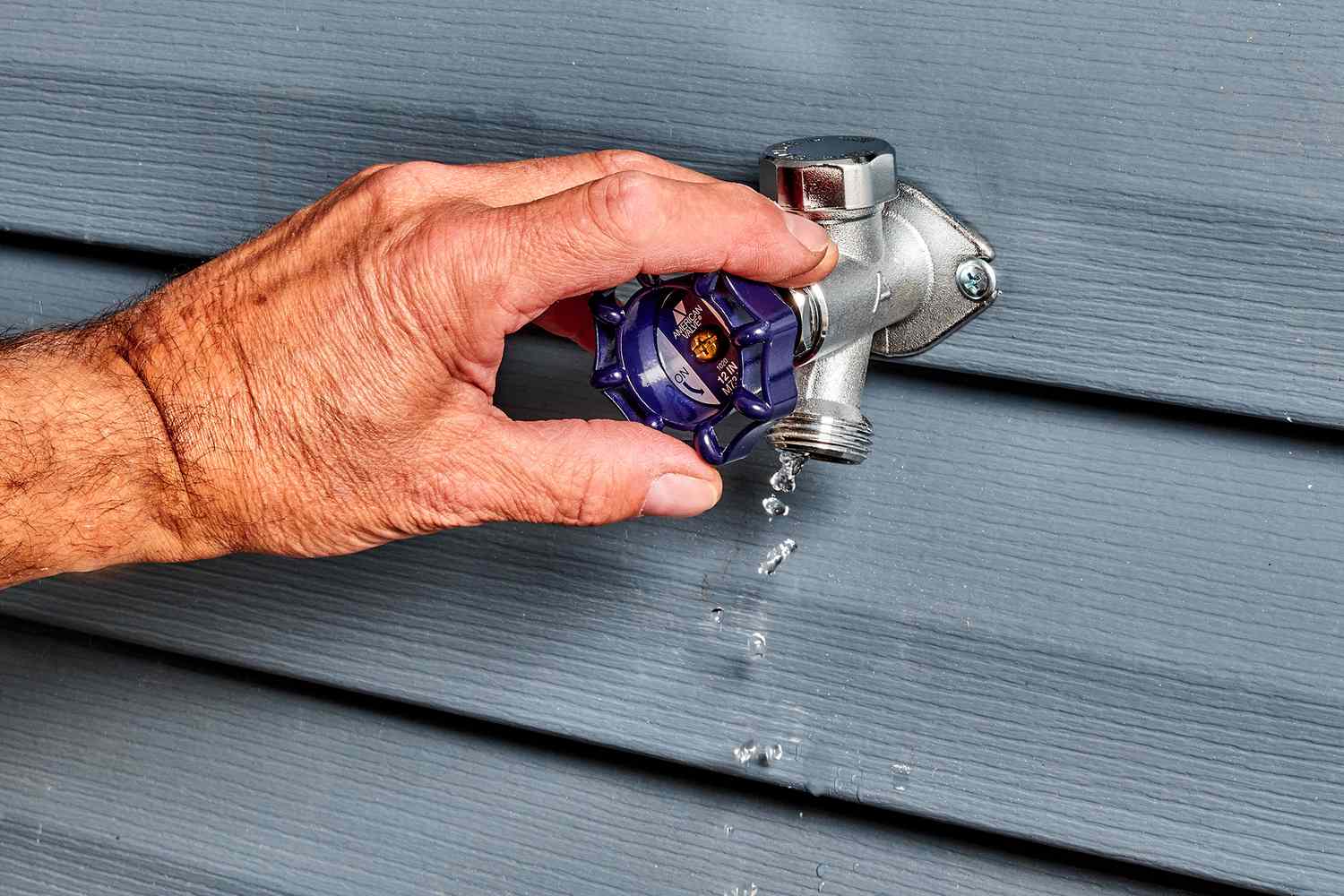
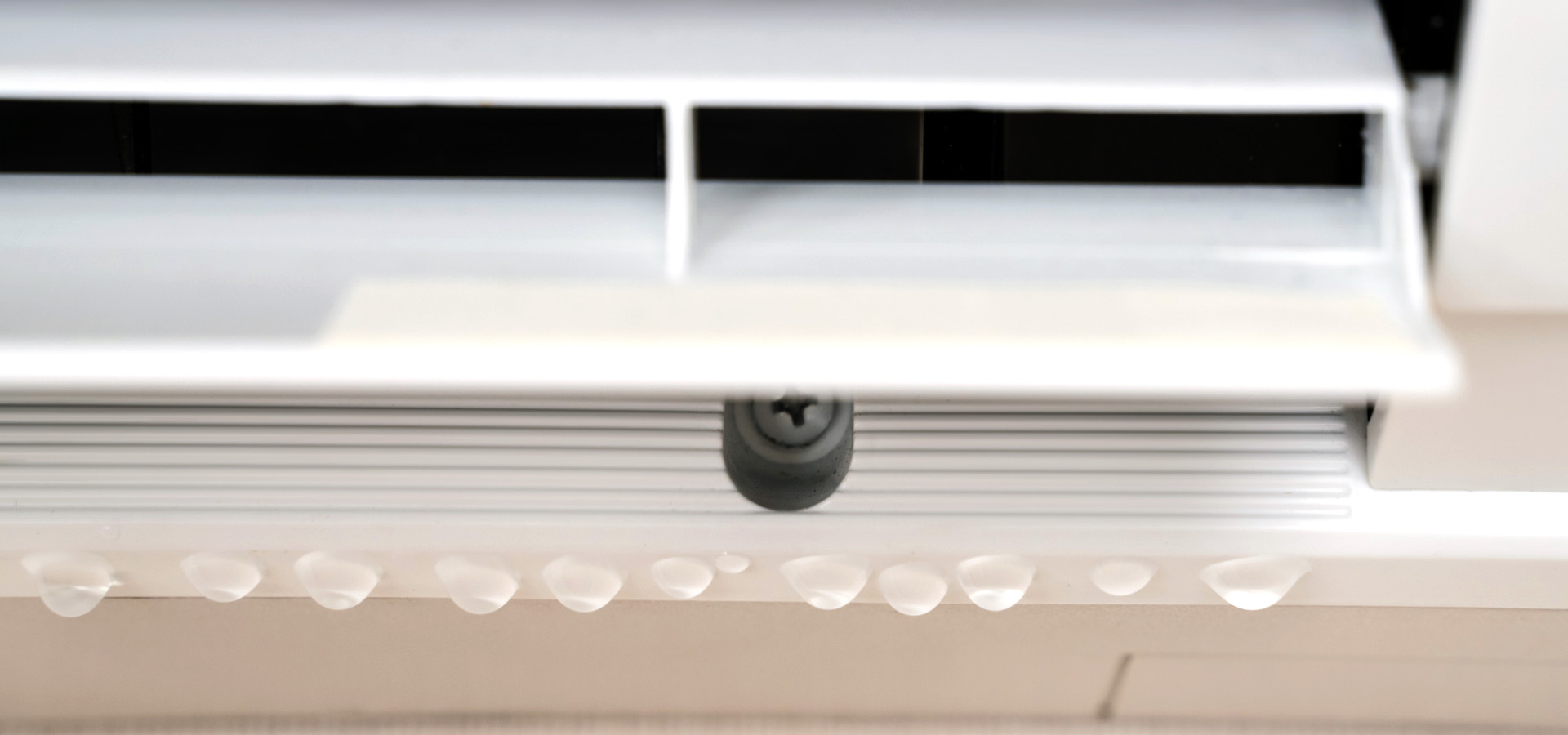
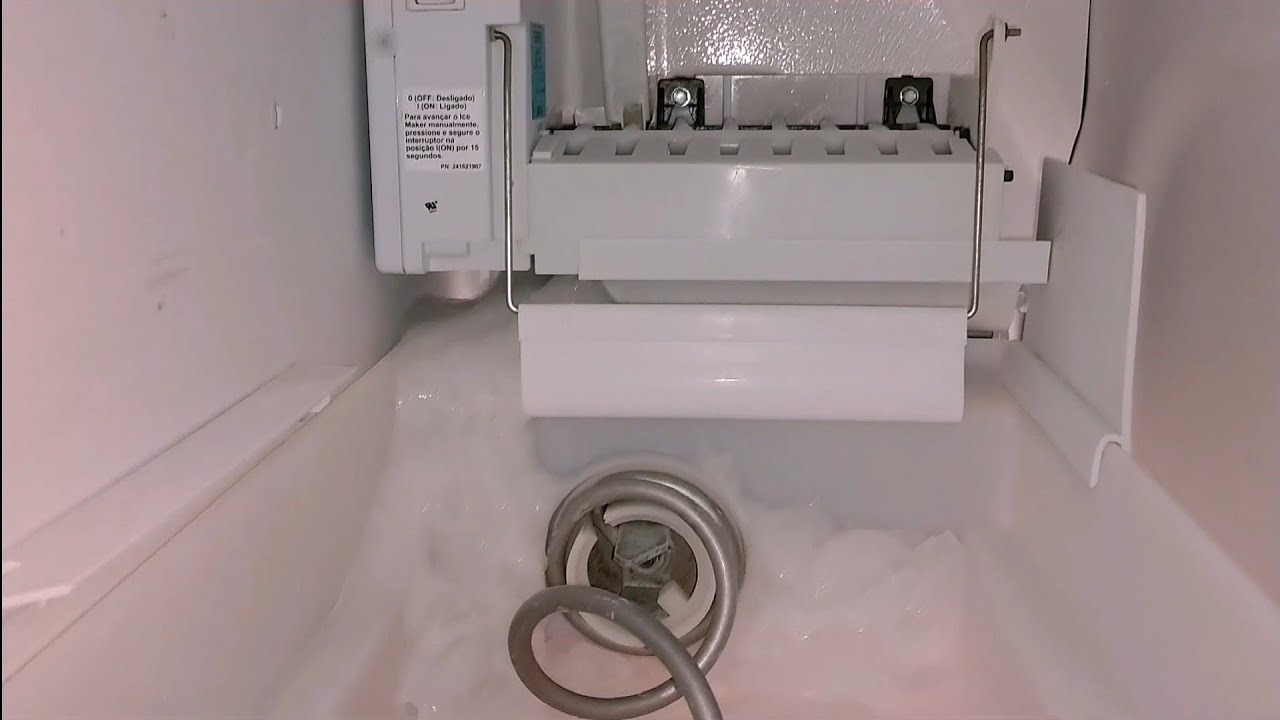
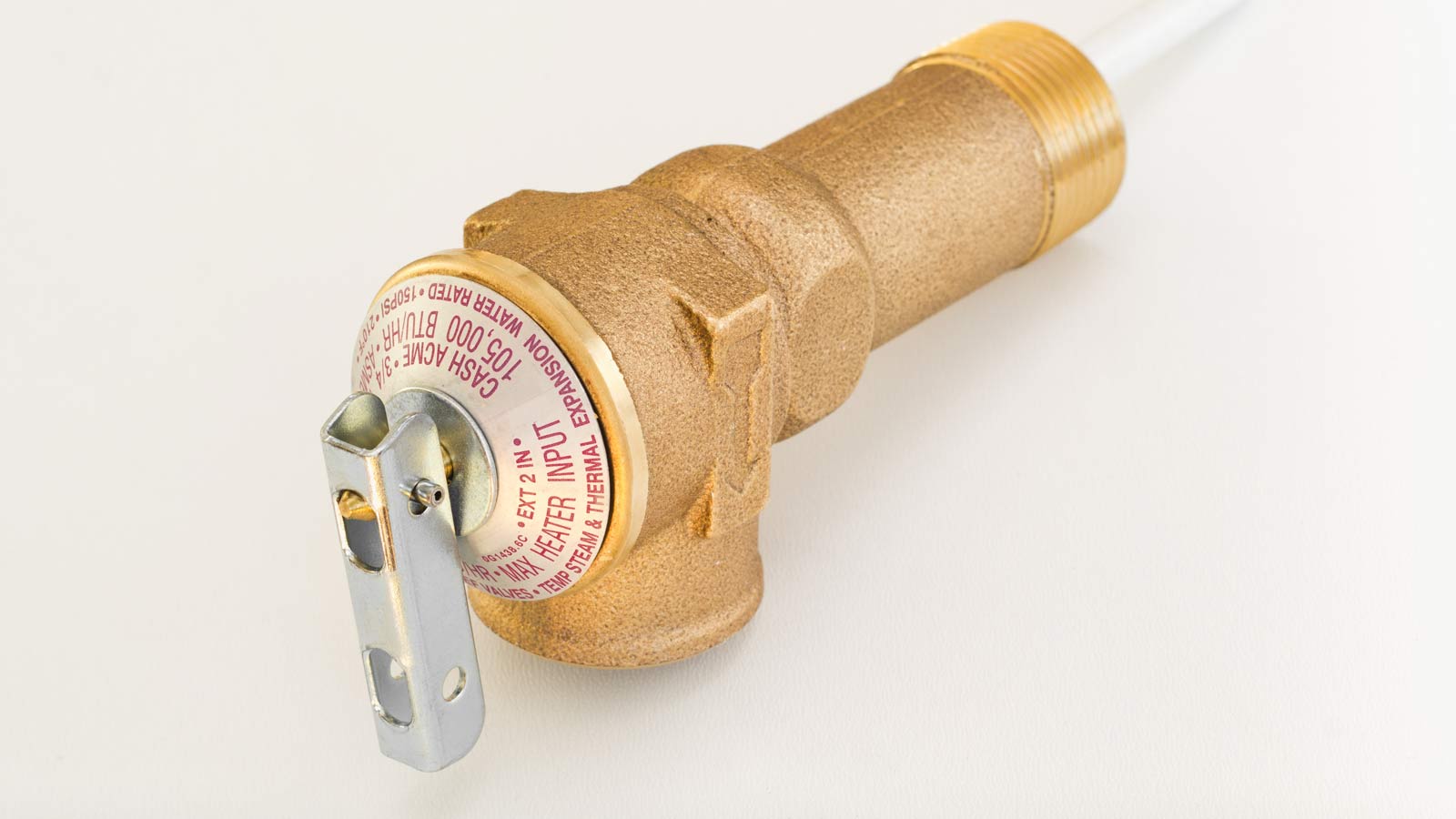
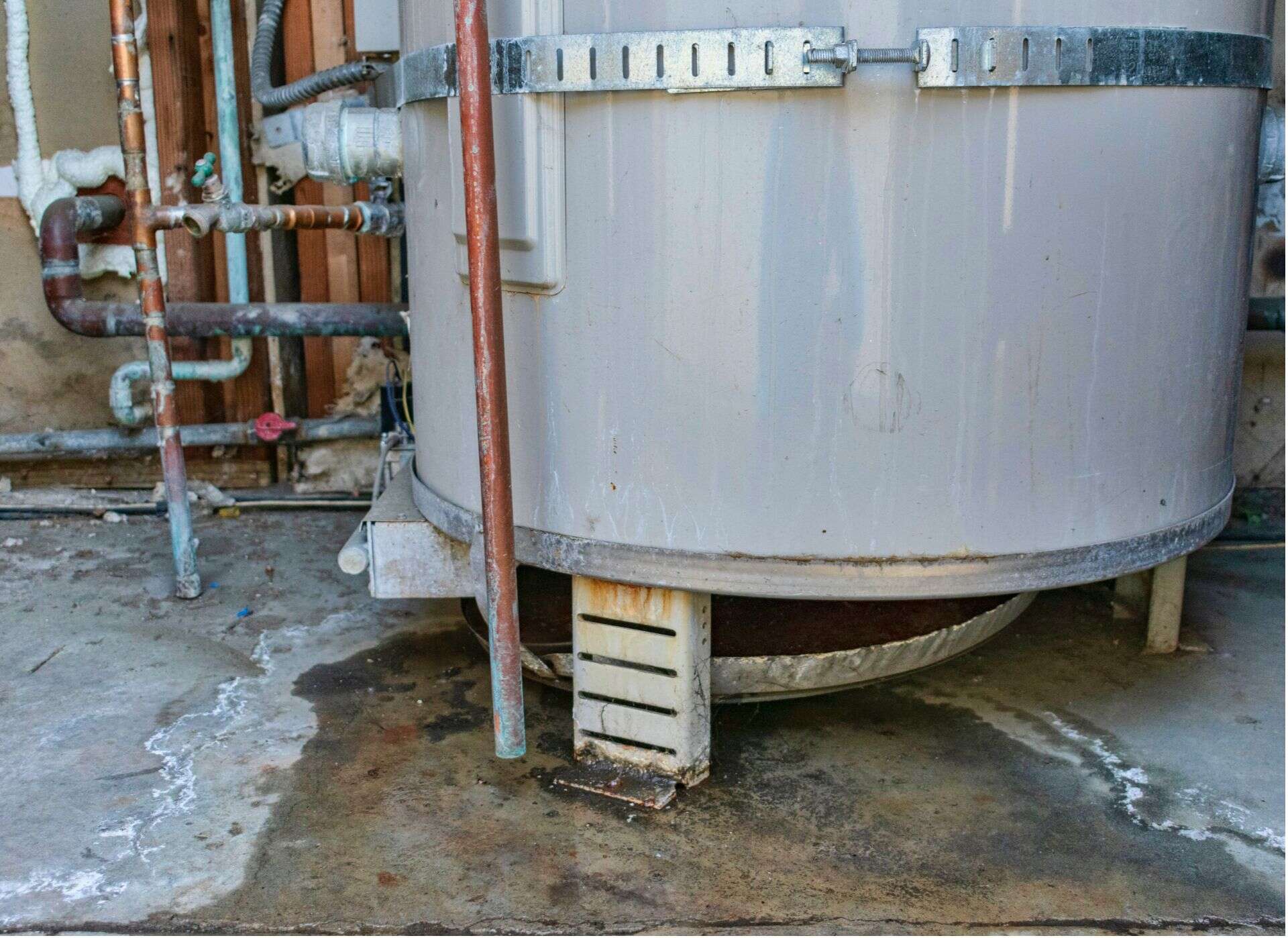
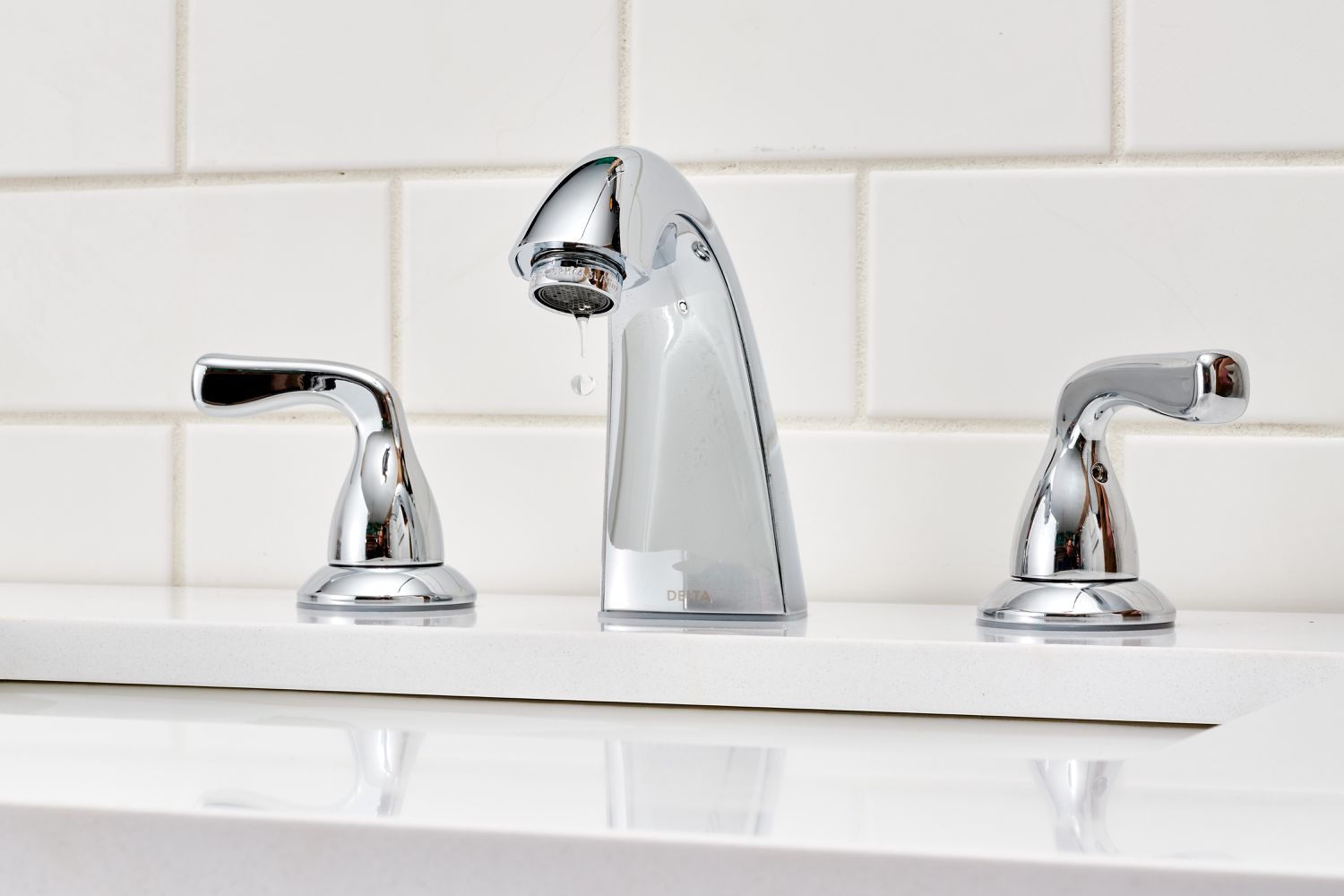
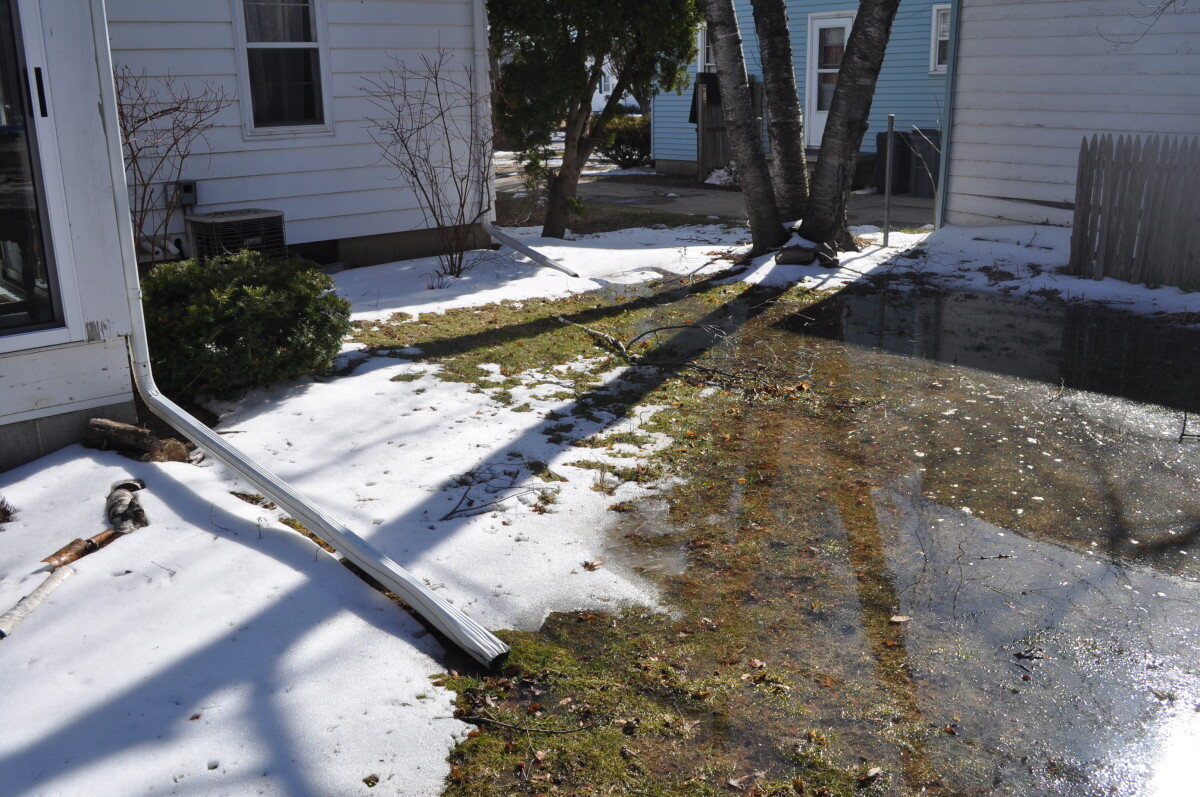
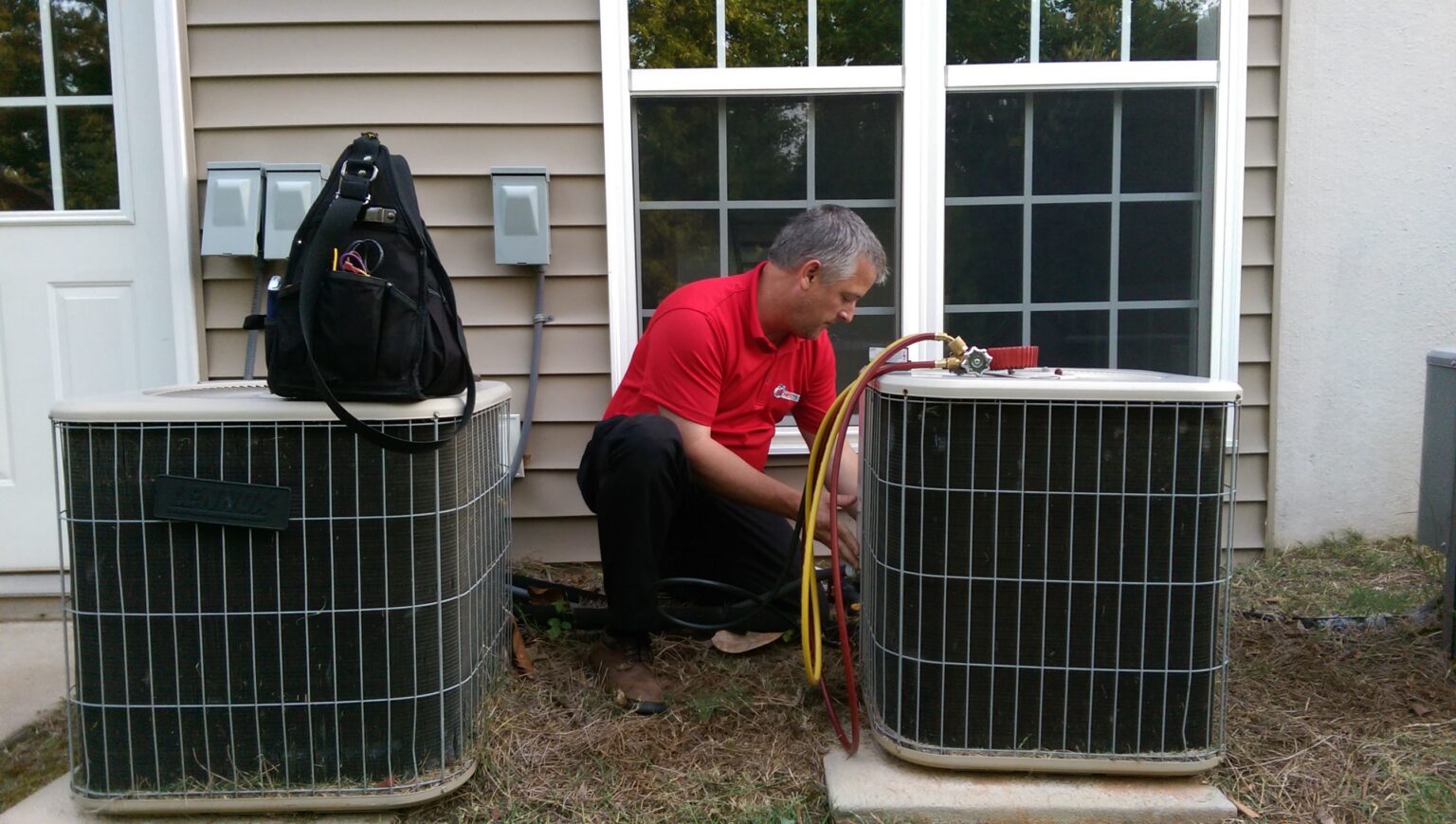
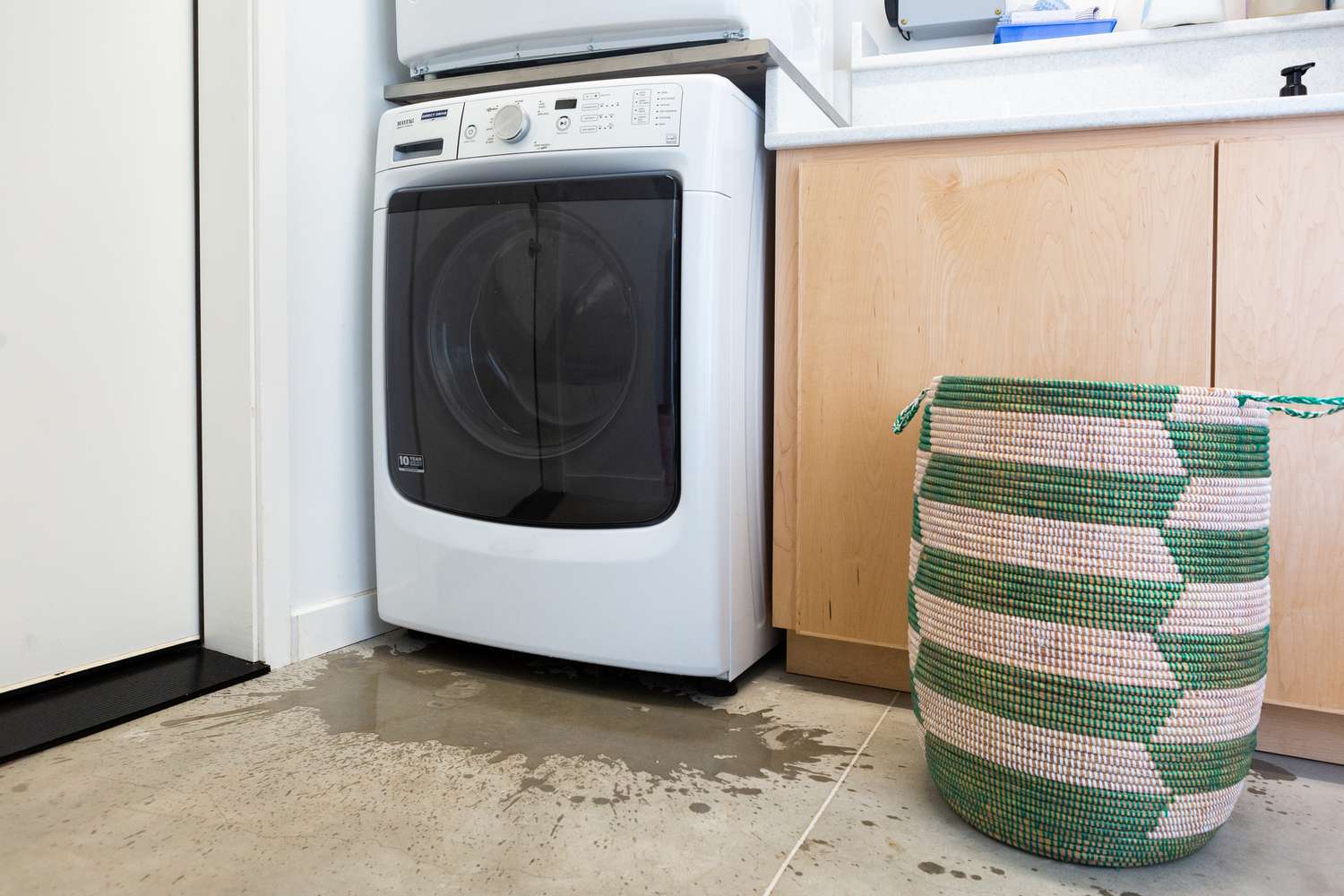
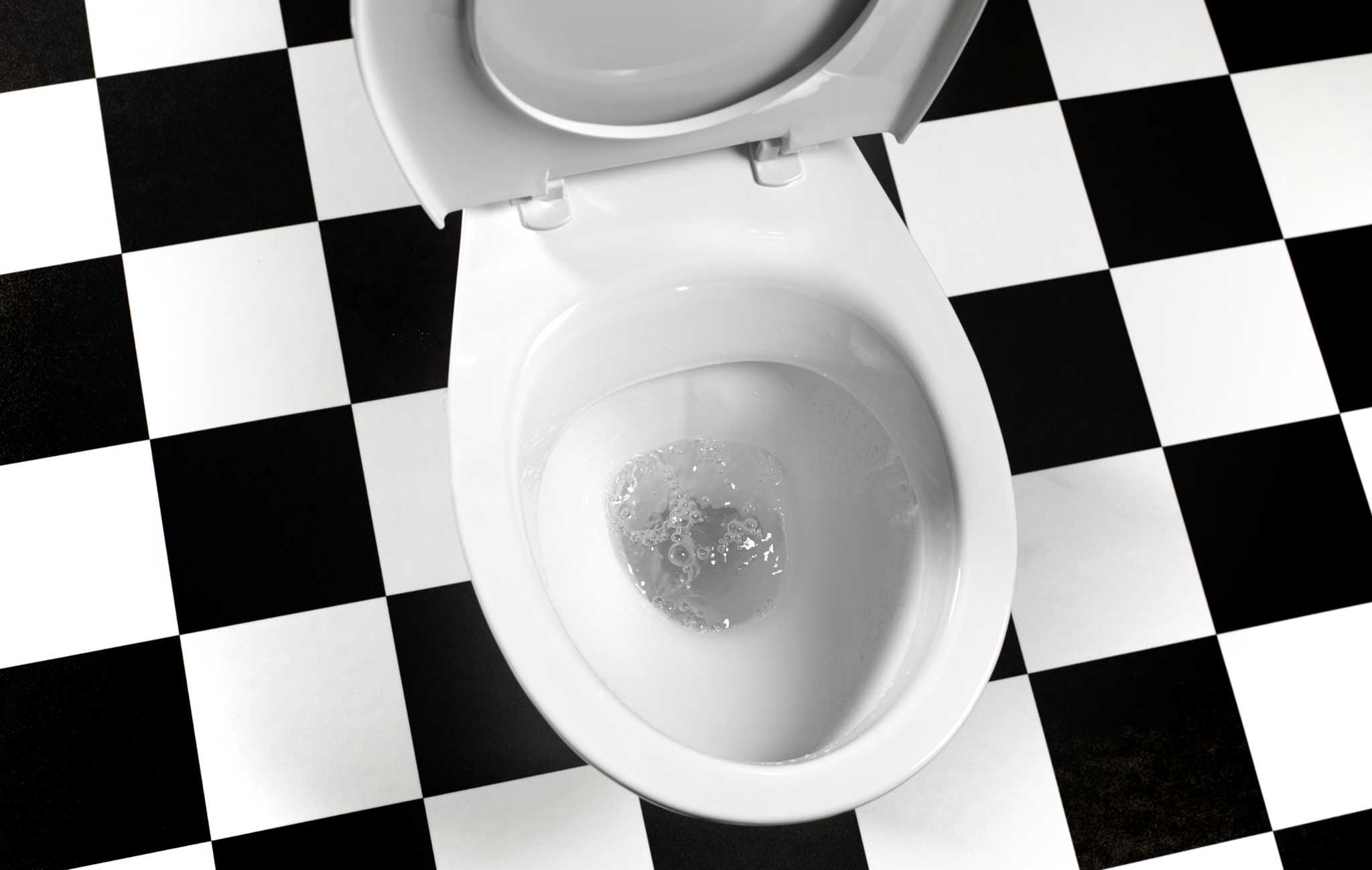
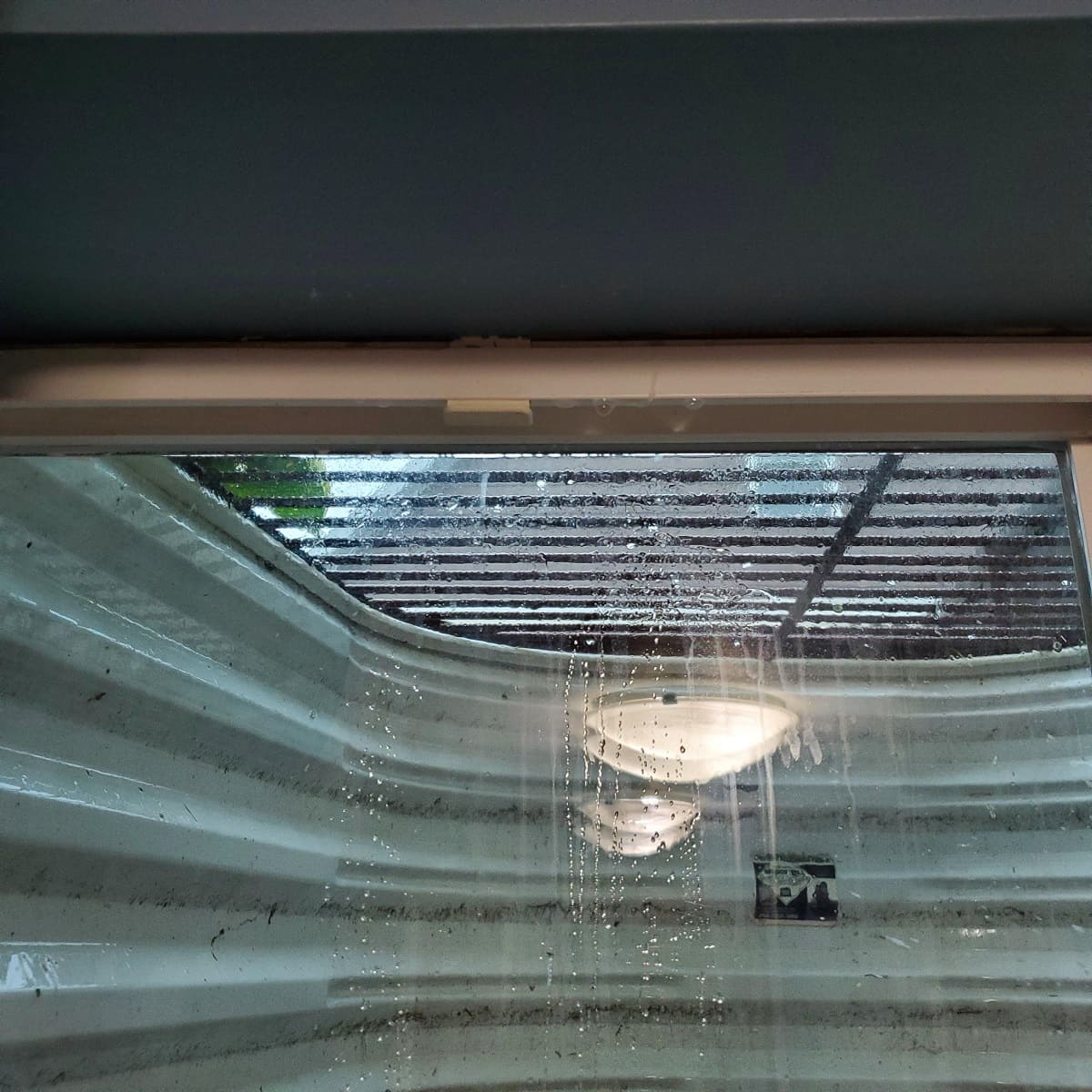
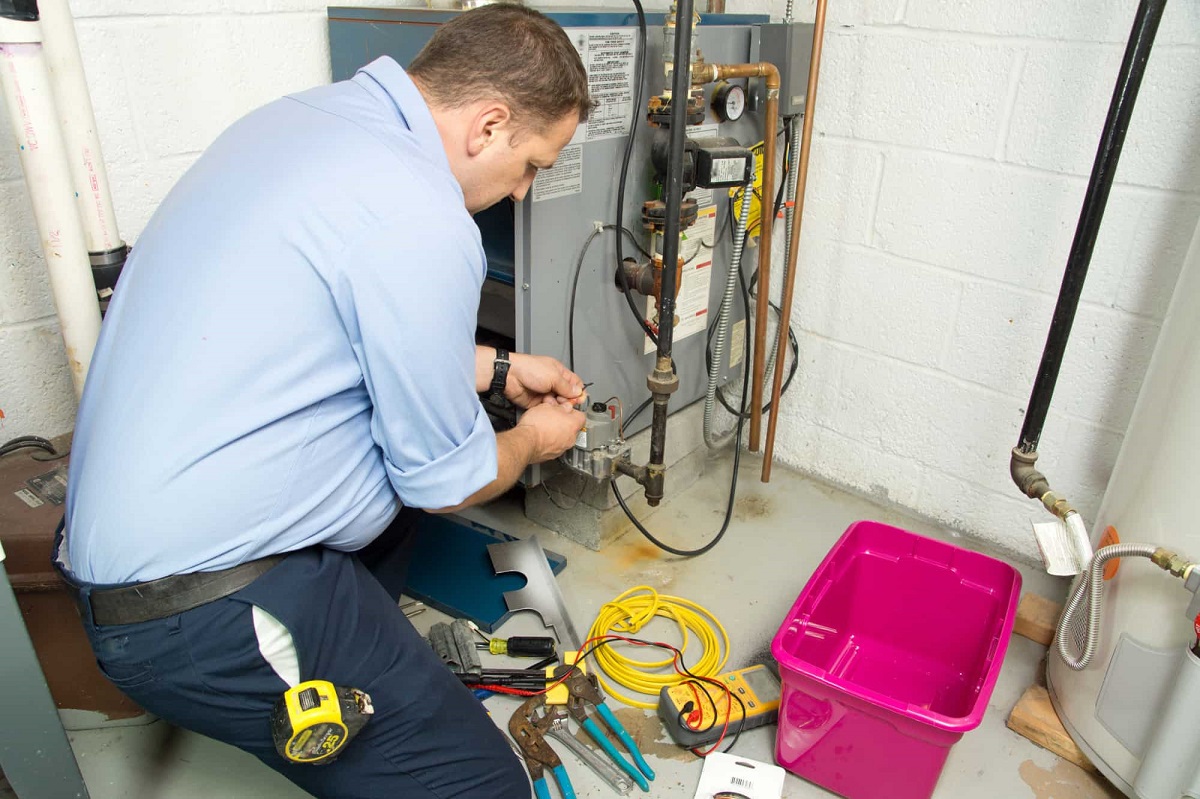

0 thoughts on “How To Stop Water Heater From Leaking”